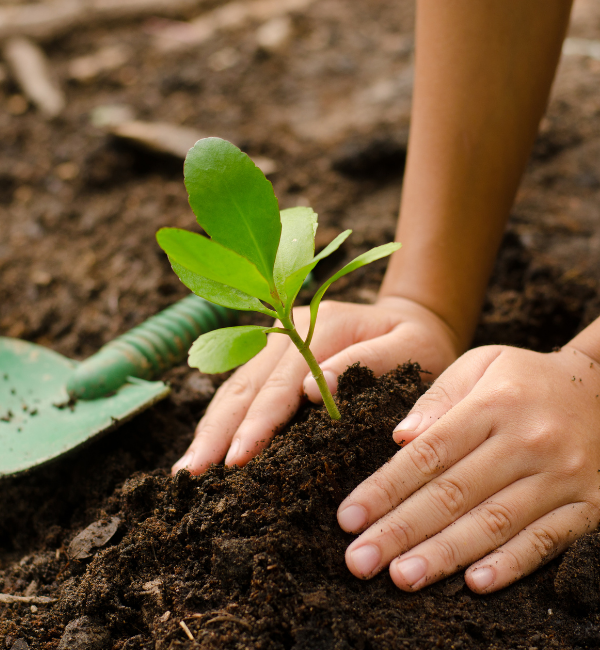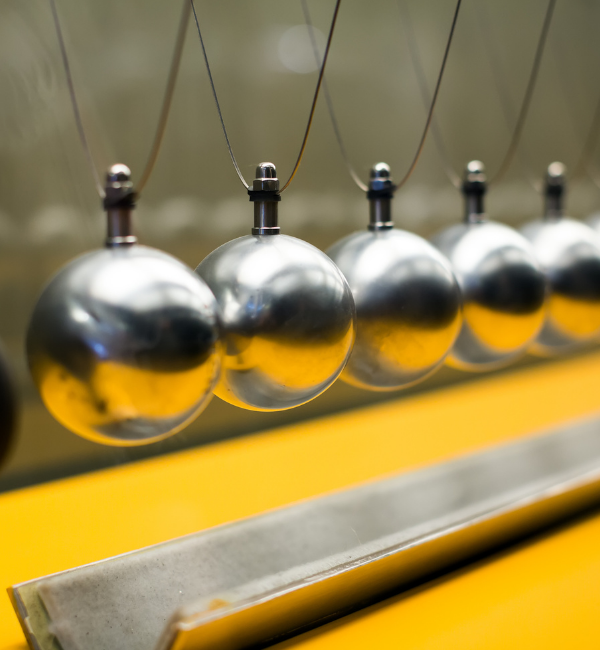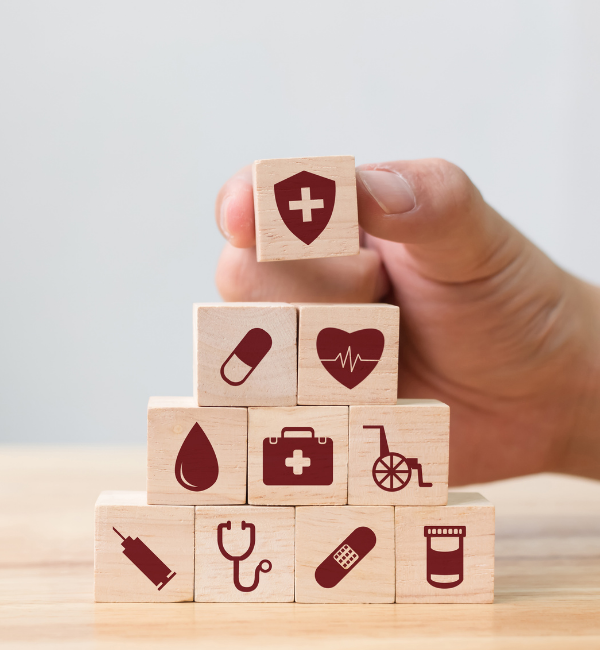
Eco Builders - Engineering a Cleaner Tomorrow
Create an eco-friendly machine that will help reduce the negative effects of humans on the environment!

Healthy Soils
In this activity, participants will explore different types of soil. They will learn how human activity and climate change can affect the quality of soil. Note: the activities can be quite messy and are best done outside.

Nuclear Energy Roleplay
Participants learn about nuclear energy by role-playing the pathway in a CANDU (Canadian Deuterium-Uranium) nuclear reactor.

Feedstock Fermentation
Participants conduct an experiment on fermentation to learn how biofuels are created!

Water Wheel
Participants will learn about how the movement of water can be used to create electricity!

Water Dam
This demonstration shows how water pressure can be used to generate hydroelectricity.

Solar Bead Bracelets
Participants will learn about how we can harness the power of the Sun to generate electricity. They will create a fun craft to help remember sun safety!

Wind-Powered Elevator Challenge
Participants build a working model of a windmill that lifts a load, like an elevator! They will discover how the wind is used to create green, sustainable energy.

Pinwheels
Participants create a pinwheel using simple materials and discover why wind energy is good for the environment.

STEM Storytime - Collect, Create, Compost!
In this activity, participants will learn how composting works and why it can help in the fight against climate change. They will create their own compost using household waste and materials.

STEM Storytime - The Chain Reaction
Participants will create their own chain reaction using everyday items and learn how energy is created in a nuclear power plant.

Migrating Monarch Butterfly
Dive into why monarch butterflies migrate!

Plant and Food Diversity
In this workshop, participants will learn the importance of biodiversity for plants and food.

Human Change, Not Climate Change!
Climate change is taking place all around us, but how do we see and measure it?

Sustainable Seas, Please
Ocean ecosystems are dynamic and important for human livelihoods, thus need to be carefully managed.